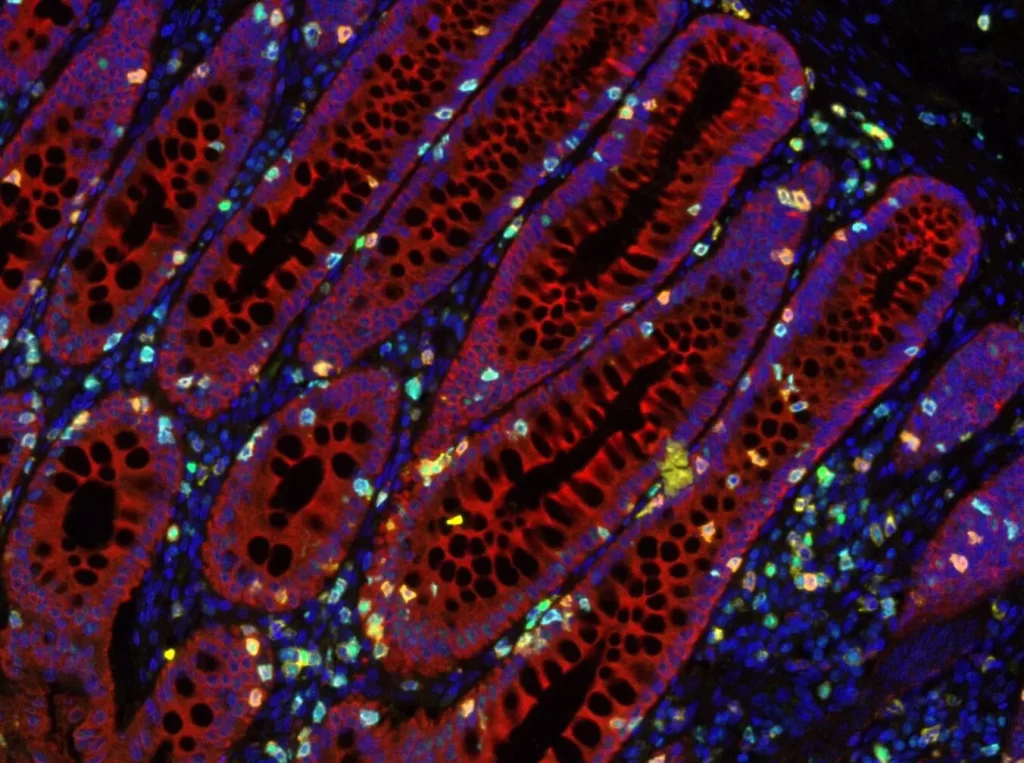Scientists discover a way to treat bowel cancer

A promising development has been made for bowel cancer, which kills tens of thousands of people every year. Scientists have discovered the ‘road map’ of bowel cancer treatment.
According to American Cancer Society statistics, about 150,000 new cases of rectal and colon cancer are diagnosed each year. Although this number is slowly decreasing thanks to the increase in age-related preventive screening, bowel cancer, which is one of the 5 most common cancers in Turkey and one of the 3 most common cancers in the world, is still the third most common cancer in the US, affecting approximately one in 23 men and one in 26 women. But the solution to this cancer may not be far away.
A major breakthrough in bowel cancer

Bowel cancer is not only a common form of cancer, but also a challenging disease to treat. Reportedly, only 10 percent of patients respond to available immunotherapies. This means that treatment often means surgical removal of all cancerous tissue. As such, although it increases the survival rate, it can have a serious impact on the quality of life of patients.
Recently, researchers at the Olivia Newton-John Cancer Research Institute at La Trobe University in Australia found that how a patient responds to cancer depends on how effective a group of immune cells in the large intestine are. Dr. Lisa Mielke from the Olivia Newton-John Cancer Research Institute said, “Gamma delta T cells act as our frontline defenders in the gut. What makes these immune cells extraordinary is that they constantly patrol and protect the epithelial cells lining the gut, acting as warriors against potential cancer threats.”
World’s first research

The study found that patients with more gamma delta T cells in their tumors saw increased survival rates and responded better to treatments. But this is only half the story. Looking at the entire microbiome in the large intestine, the researchers also found a much higher concentration of the molecule TCF-1 in gamma delta T cells. This molecule suppresses gamma delta T cells, our natural immune response, from fighting bowel cancer.
When this molecule was deleted in preclinical models, the scientists report that they saw fundamental changes in the behavior of immune cells and a remarkable reduction in the size of bowel cancer tumors. This provides a whole new roadmap for developing targeted therapies to treat bowel cancer patients more effectively.






